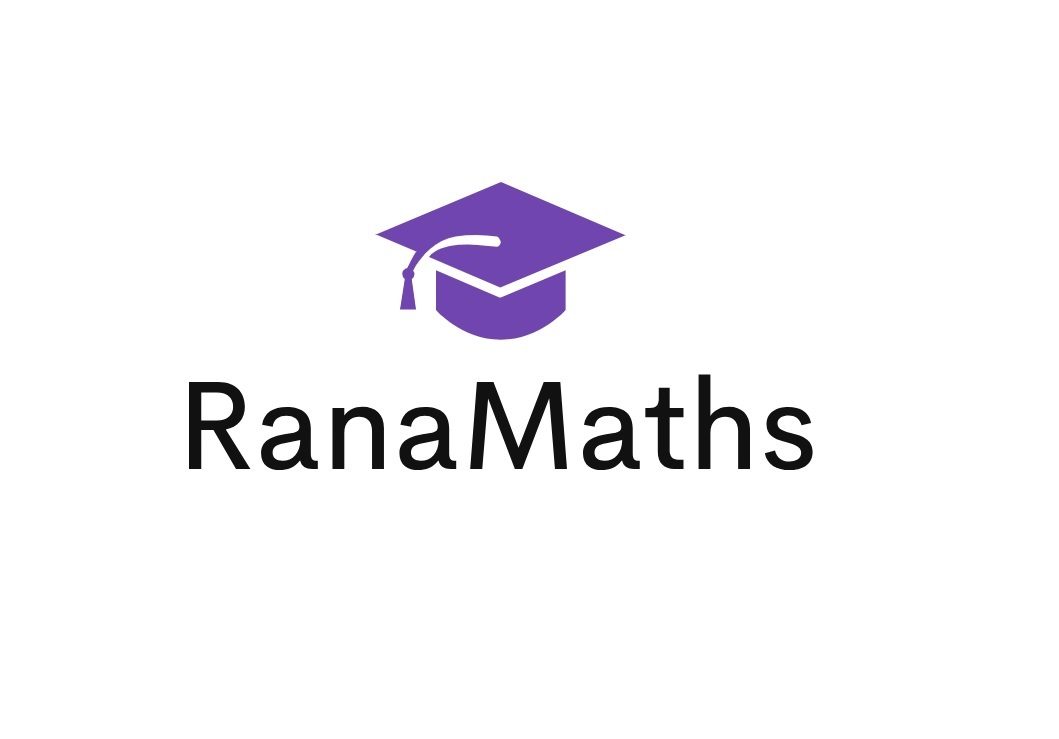Prior to delving into the content of Numerical Analysis Notes 2 for BS/MSc, it is essential to thoroughly review Numerical Analysis Notes 1 for BS/MSc. It encompasses a wide range of techniques for solving mathematical problems computationally.
Numerical Analysis:
Numerical Analysis is a field of study in mathematics that focuses on the development and implementation of numerical algorithms to solve mathematical problems. These problems often involve complex mathematical models, and analytical solutions may not be feasible or may not exist. Therefore, numerical methods provide a means to approximate solutions through the use of computational techniques. Key aspects of numerical analysis include the analysis of algorithms for accuracy and efficiency, dealing with errors, and understanding the limitations of numerical methods.
Numerical Analysis Notes 2 for BS/MSc:
Numerical Analysis 2 typically delves into more advanced topics and techniques, building upon the foundational concepts introduced in Numerical Analysis 1.
- Advanced Root Finding:
- Methods for systems of nonlinear equations.
- Newton’s method for systems.
- Multidimensional optimization techniques.
- Numerical Solutions of Ordinary Differential Equations (ODEs):
- Higher-order methods (e.g., Runge-Kutta methods of higher order).
- Stiff ODEs and implicit methods.
- Systems of ODEs and stability analysis.
- Numerical Solutions of Partial Differential Equations (PDEs):
- Finite element methods (including advanced topics).
- Spectral methods.
- Nonlinear PDEs and shock waves.
- Optimization:
- Nonlinear optimization techniques.
- Constrained optimization and numerical optimization algorithms.
- Applications in various fields.
- Special Topics in Numerical Linear Algebra:
- Iterative methods for solving linear systems.
- Krylov subspace methods.
- Preconditioning techniques.
- Error Analysis:
- Round-off errors and their impact.
- Stability and conditioning of numerical algorithms.
- Error propagation in iterative methods.
- Monte Carlo Methods:
- Basics of Monte Carlo simulation.
- Random number generation and statistical sampling.
- Applications in numerical integration and solving complex problems.
- Numerical Optimization Algorithms:
- Conjugate gradient methods.
- Quasi-Newton methods.
- Global optimization techniques.
- Advanced Topics:
- Adaptive methods.
- Parallel and distributed computing in numerical analysis.
- Emerging trends and applications.
- Applications in Scientific Computing:
- Implementation and application of numerical methods in various scientific disciplines, such as physics, engineering, and finance.
Numerical Analysis 2 builds on the theoretical foundations established in the first course and explores more sophisticated methods for solving mathematical problems numerically. It often involves a balance between theoretical analysis, algorithm development, and practical implementation using computational tools. Students at the BS/MSc level are expected to gain a deeper understanding of numerical techniques and their applications to complex problems.
Numerical Analysis Notes 2 for BS/MSc
Keep visiting our website www.RanaMaths.com
